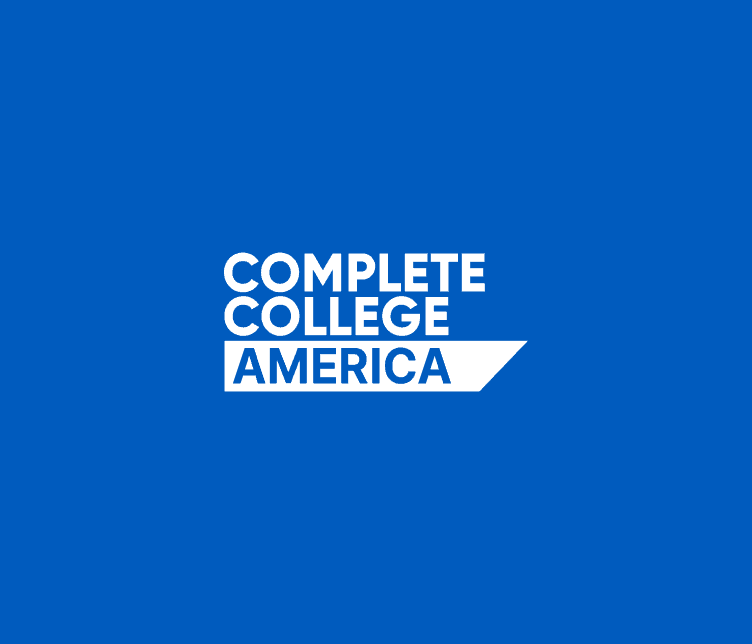A group of national organizations representing thousands of higher education institutions and millions of students today released design principles to significantly increase the number of students completing college and close attainment gaps for historically underserved populations.
Core Principles for Transforming Remediation within a Comprehensive Student Success Strategy highlights practices such as placing the vast majority of students directly into credit-bearing work with effective support; refining mathematical and other academic content to align with each student’s choice of academic direction; and helping students stay on track to a college credential.
The principles expand upon a document released three years ago in response to outdated practices for helping students master remedial (pre-college level) content. Roughly half of all undergraduates and 70 percent of community college students take at least one remedial course and only a quarter of those students graduate within eight years.
“This represents a transition from a system that served some students well to a system that serves all students well,” said Uri Treisman, mathematician and founder of the Charles A. Dana Center at The University of Texas at Austin.
“We’ve described the principles we see in common across this work and why it is especially promising for students from low-income and underserved populations. We want to add momentum and legitimacy to the work and embolden leaders to bring it to scale,” said Treisman.
The authors of the document are Achieving the Dream; American Association of Community Colleges; Charles A. Dana Center at the University of Texas at Austin; Complete College America; Education Commission of the States; and Jobs for the Future.
The document does not replace the separate, more comprehensive policy and practice guidance documents issued by the authors but represents a shared commitment to work with state, system and institutional leaders to continue implementation of the principles.
A diverse set of states and major postsecondary organizations have already endorsed the principles as a path forward to significantly improve student success rates, and next month a group of leading philanthropies will meet with the authors to explore areas for collaboration.
A research and learning agenda has also been developed to strengthen and support implementation of the principles.
Additional information, including the full text of the Core Principles document, can be viewed at www.core-principles.org.

